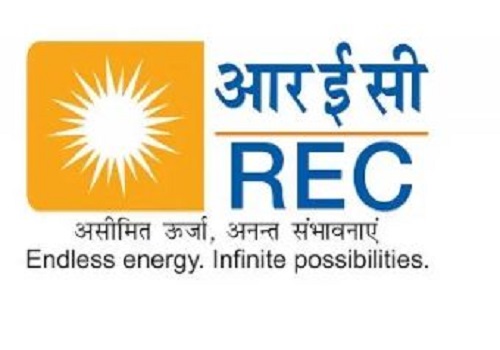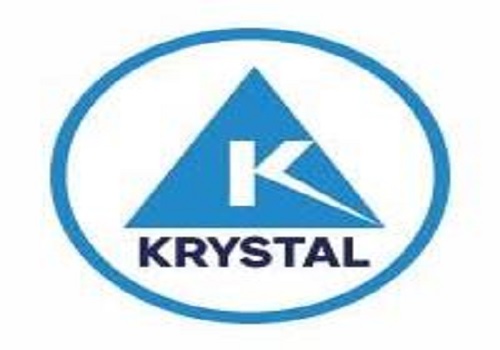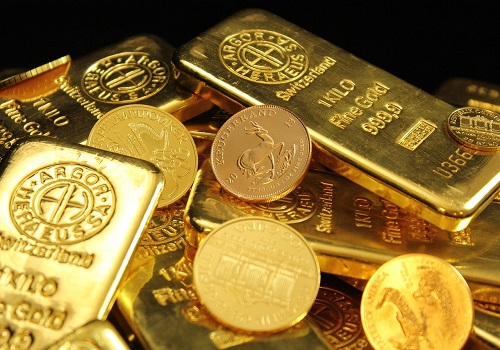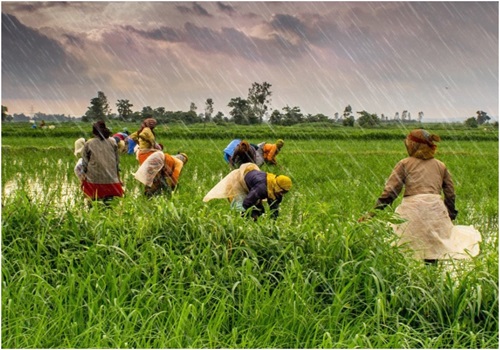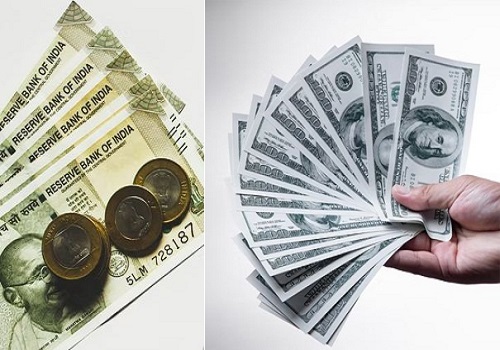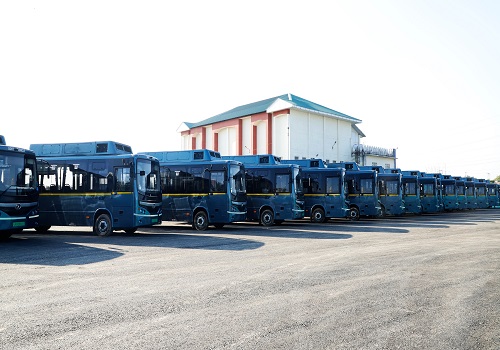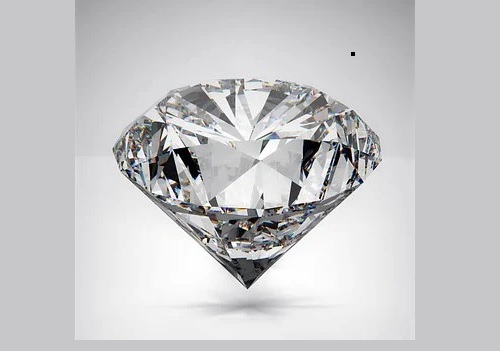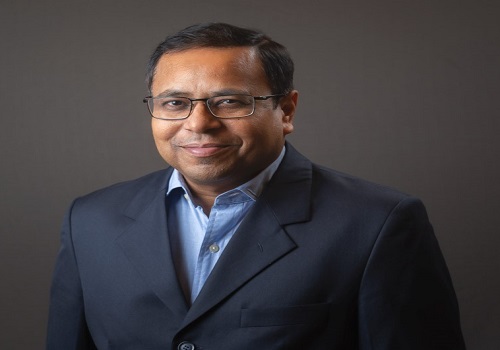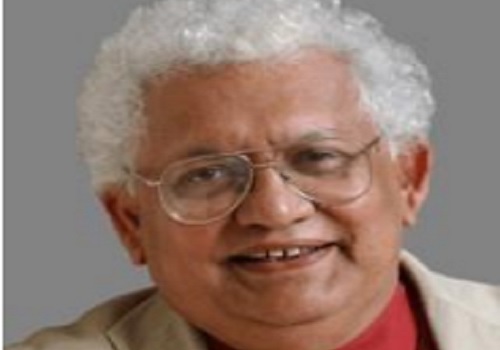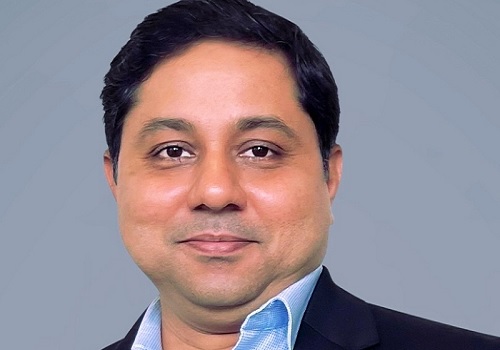India to offer incentives for critical minerals extraction, government source says

India plans to provide funding for research institutes to give technical assistance to miners, according to a government source and a letter reviewed by Reuters, to try to develop a critical minerals industry.
The funding illustrates the efforts India is making to get the critical mineral industry off the ground and cut the country's near-total reliance on imports of lithium and rare earths mineral that are key to energy transition technologies.
So far, India's attempts to create a critical minerals mining industry have faltered. The country awarded development rights in June to a lithium block in Chhattisgarh state but a separate attempt to auction lithium blocks in Jammu and Kashmir found no takers because of low mineral concentration and high extraction costs.
The government could spend nearly $50 million to fund collaborations between research institutes and companies to develop extraction technology and better methods of beneficiation, or the improvement of mineral ores before processing into metals, according to a government source involved in the matter.
In a July 11 letter, the Ministry of Mines asked the CSIR-National Institute for Interdisciplinary Science and Technology (NIIST) to provide miners with know-how to extract critical minerals.
"The blocks auctioned by the central government contain critical minerals associated with other minerals and/or metals that need tailor-made case-specific extraction techniques," it said.
"As most of the critical minerals are not extracted in the country, the economical and successful extraction of these critical and strategic minerals by companies requires support and guidance on extraction and beneficiation techniques," it said.
The government source said similar letters were sent to five other research institutes in India the same day.
The government will invite joint proposals from institutes and companies and those approved will get up to 75% of the total funding, said the government source, declining to be named as they were not authorised to talk to the media.
The Ministry of Mines and NIIST did not immediately respond to Reuters' emails for comment.
